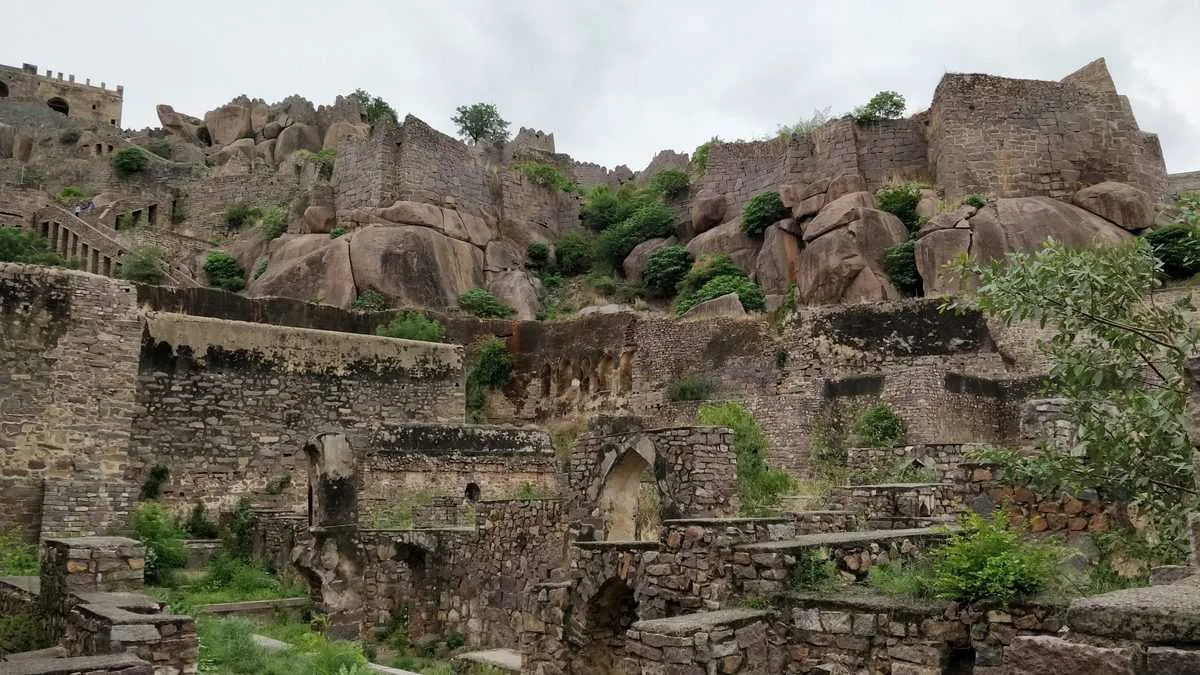Hyderabad: The Telangana High Court has ordered the state’s heritage authority to issue a No Objection Certificate (NOC) within four weeks to Aditya Homes, enabling the construction of villas in the regulated zone of the historic Golconda Fort.
The court emphasized that the state authority is legally obligated to follow the recommendations of the National Monuments Authority (NMA), which had approved the project in 2008.
Background of the case
Aditya Homes had entered into a development agreement for a 14-acre plot in Qila Mohammed Nagar village and secured NMA clearance in 2008.
However, the state heritage authority withheld final approval, delaying the project for years. The matter escalated when social activist Mohammed Azam Khan filed a Public Interest Litigation (PIL), arguing that the construction would harm the proposed heritage corridor linking Golconda Fort and Quli Qutub Shahi Tombs.
He urged the court to delay any decision until his PIL, currently pending before a division bench, was resolved.
Justice Moushumi Bhattacharya clarified distinctions between prohibited and regulated zones under the Ancient Monuments and Archaeological Sites and Remains Act, 1958.
While construction is strictly banned in prohibited zones, regulated zones allow specific projects under conditions approved by the NMA.
Court dismisses concerns about heritage corridor
The court dismissed concerns about the heritage corridor, noting that Golconda Fort is governed by national law while the tombs fall under state protection via the Telangana Heritage Act, 2017.
The judge also questioned Khan’s locus standi in opposing a project already approved by the NMA.
The High Court criticized the state authority for its prolonged inaction despite clear directives from the NMA. Aditya Homes argued that further delays were unjustified as the NMA reaffirmed its approval in 2019.
The firm assured compliance with all conditions, including height restrictions.
Rejecting claims from state counsel about missing communications from the Centre, Justice Bhattacharya deemed this an unreasonable excuse and mandated that the NOC be issued within one month.







